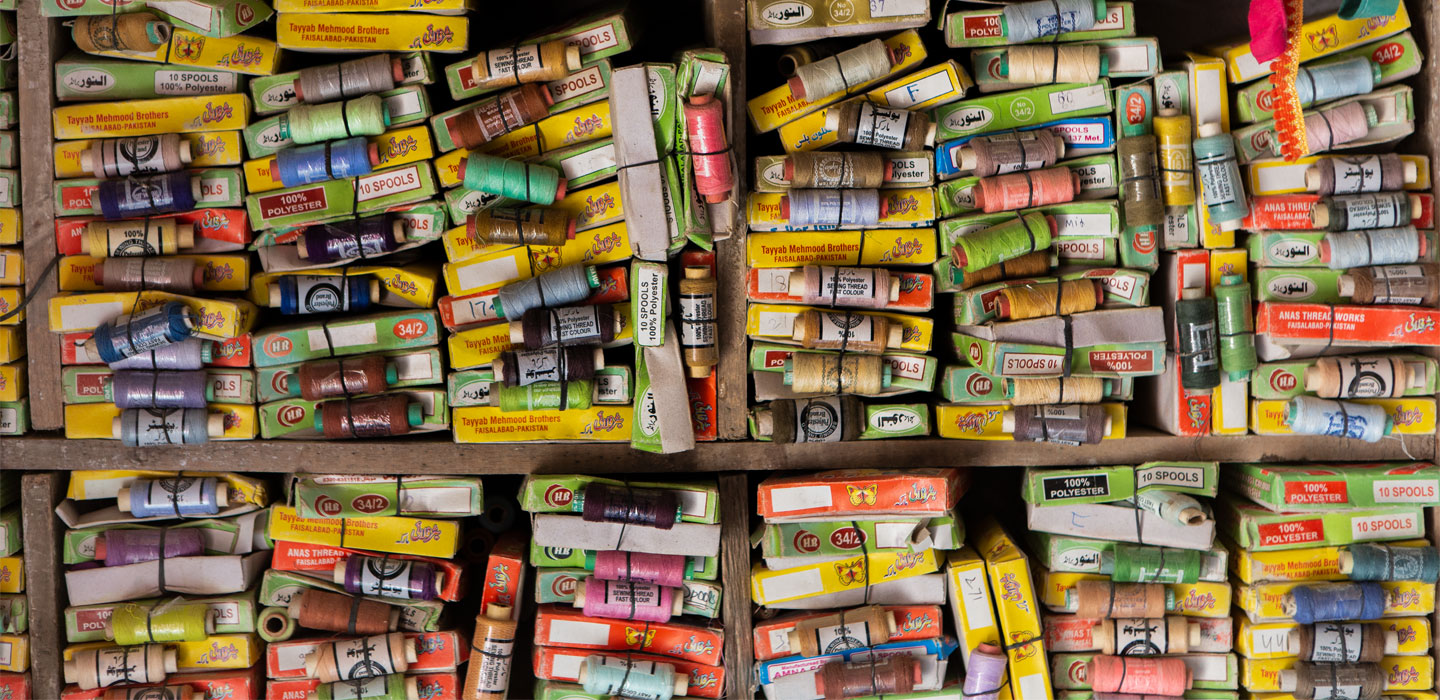Recherche
Recherche

Recherche
Menu Affichage
Search Results Filters
Résultats de recherche
Enabling rural transformation and grassroots institutional building for sustainable land management and increased incomes and food security
Development of innovative site-specific integrated animal health packages
Livestock contribute to the livelihoods of roughly 70 per cent of the world’s poor, supporting farmers, consumers, traders and laborers throughout the developing world. The increasing demand for livestock products for the growing populations of developing countries, particularly in Africa, offers new market opportunities for poor farmers in rural areas.
Success in raising small-farmer productivity leads to improvements in household food security, nutrition and income, leading to poverty reduction. However, in vast areas of sub-Saharan Africa, increased and sustained animal production by small farmers is greatly hampered by livestock diseases. Animal diseases severely constrain livestock enterprises of smallholder livestock keepers in sub-Saharan Africa but are not given the attention they deserve by the global community
Zipping up the Evidence - Dealing with non-counterfactuals in Viet Nam and Ghana
Participatory Impact Assessment and Learning Approach (PIALA)
An Innovative, Scalable, Pro-poor Home Cooking-based Charcoal Production Value Chain For Women
Smart ICT for Weather and Water Information and Advice to Smallholders in Africa
Enabling Land Management, Resilient Pastoral Livelihoods and Poverty Reduction in Africa
The World Initiative for Sustainable Pastoralism (WISP) is a global knowledge and advocacy network that promotes understanding of sustainable pastoral development for both poverty reduction and sustainable environmental management. WISP was executed by the International Union for Nature Conservation (IUCN).
The Programme built the capacity of pastoral institutions to engage in advocacy based on state-of-the-art global learning on sustainable pastoralism, enabling pastoralist institutions around the world to network and shared experiences and opportunities, and ensured that the voice of pastoralists remained central to policy discourse and learning.
Performance des petits projets de l’IPAF 2015
Insights and lessons learned from the reflections on the PIALA piloting in Vietnam
Participatory Impact Assessment and Learning Approach (PIALA) - Results and reflections from the impact evaluation of RTIMP in Viet Nam
New Directions for Smallholder Agriculture
Performance of IPAF small projects: Desk review 2011
In June 2006, the World Bank and IFAD agreed to transfer the World Bank’s Grants Facility for Indigenous Peoples to IFAD. In September, the transfer was approved by IFAD’s Executive Board. This marked the beginning of the IFAD Indigenous Peoples Assistance Facility (IPAF), which issues public calls for proposals and makes small grants to support indigenous and tribal peoples throughout the world. Development projects financed through IPAF aim to improve indigenous peoples’ access to key decision-making processes, empower indigenous peoples to find solutions to the challenges they face, and respond to indigenous peoples’ holistic perspectives. The projects build on indigenous culture, identity, knowledge, natural resources, intellectual property and human rights.
This report, prepared by an independent consultant, provides an overview of the performance of 53 small IPAF-funded projects in delivering results and improving the lives of their target groups. About 45,000 people directly benefited from these projects, and more than half of them were women. Project services reached about 1,200 communities. Primary project activities were training and individual capacity-building in such topics as security of tenure, natural resource management, agricultural technologies, traditional medicine, indigenous peoples’ rights, community programming, literacy and HIV/AIDS prevention.
Rapport sur la pauvreté rurale 2011
“Le problème aujourd’hui, c’est que vous avez beau travailler dur, ce n’est jamais assez pour nourrir la famille…” “Ça fait un an, ou peut-être davantage, qu’il n’a pas plu. C’est pour ça que les gens souffrent…” “Sans éducation, on ne peut rien faire…” “Les hommes sont partis pour travailler loin du village. Il ne reste quasiment que des femmes ici pour travailler…” Voici quelques réflexions personnelles de la poignée d’hommes, de femmes et de jeunes interrogés pour ce rapport. Leurs récits nous donnent un aperçu capital de ce que signifie vivre dans la réalité mouvante de la pauvreté rurale d’aujourd’hui. Il est essentiel de les écouter raconter leur vécu – et d’en tirer des enseignements – pour comprendre cette réalité.
C’est d’ailleurs la première chose à faire si l’on veut concevoir des solutions pertinentes et efficaces permettant de transformer les zones rurales, actuellement en plein marasme, en lieux où les jeunes d’aujourd’hui peuvent espérer trouver du travail pour sortir de la pauvreté et où ils désireront vivre et élever leurs enfants. Il nous faut une bonne perception de ce à quoi ressemble la pauvreté maintenant, un assortiment de solutions pratiques pour résoudre la myriade de défis qui se posent aujourd’hui et une approche cohérente permettant de s’attaquer aux défis évolutifs du futur. Le rapport aborde ces trois volets.